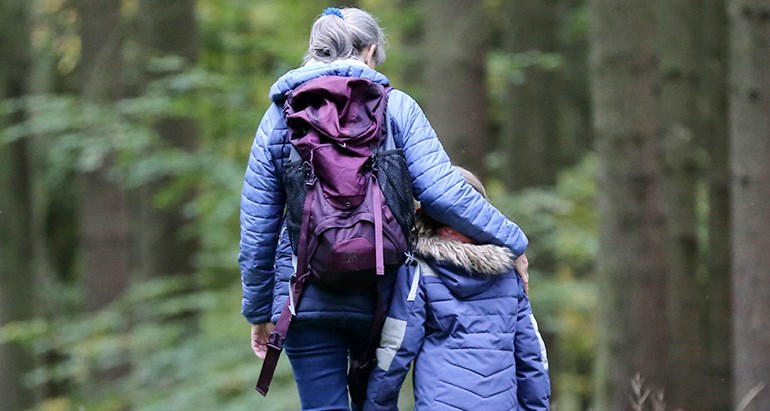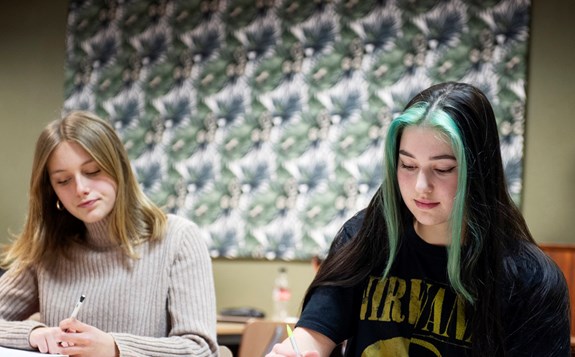Despite the welfare state, Swedish families still care for one another

The researchers hope the study can help us reconsider how we understand caring in our time. That it is not just about practical help, but about relationships, emotions, and mutual commitment.
Sweden is often described as a country where family ties have weakened with the rise of the welfare state. But new research shows that the opposite is true: intergenerational care has deepened – and become more emotionally charged
The study, recently published in The Sociological Review, is part of a larger research project on generations and everyday care. Through in-depth interviews with grandparents, adult children and grandchildren, the researchers have collected extensive material that sheds light on how care is practised and experienced in everyday life.
The emergence of the welfare state strengthens and enables deeper relationships and family ties.
Sara Eldén
"We wanted to understand what everyday care actually looks like and how it has changed over time. It's not just about taking grandchildren to sports clubs or helping with homework – it's about emotional ties and being present," says Sara Eldén, professor of sociology at Malmö University and research leader of the project.
One of the key conclusions of the study is that the welfare state has not weakened care within the family and between generations, but that the forms of care have changed.
This runs counter to the dominant image of Sweden as a country where family ties have weakened as society has taken over care responsibilities. In fact, the study shows that intergenerational relationships are strong – and often characterised by reciprocity.
“We need good care institutions, but this is not in contradiction to intergenerational care. The emergence of the welfare state strengthens and enables deeper relationships and family ties," says Eldén.
An important aspect of the study is that it emphasises the perspective of grandchildren who see themselves not only as recipients of care, but also as an important part of their grandparents' lives.
“It shows that the generations continue to be connected and care for each other in different ways throughout their lives," says Eldén.
However, the increased engagement is not all positive: children of older people sometimes feel inadequate and guilty for not providing more support and help, while many older people express concern for the younger generation. It has also emerged that grandparents sometimes feel under pressure to do more than they are able to, albeit not often.
“We see a form of “intensive grandparenting”, where grandparents are expected to pitch in. This can create friction and ambivalent feelings," says Eldén.
The researchers hope the study can help us reconsider how we understand caring in our time. That it is not just about practical help, but about relationships, emotions, and mutual commitment.
“Research has been good at describing major political changes, but we wanted to zoom in on how people live their lives. It's basic research about our perceptions of society, and our everyday practices. It's important for understanding how society develops," adds Eldén.



